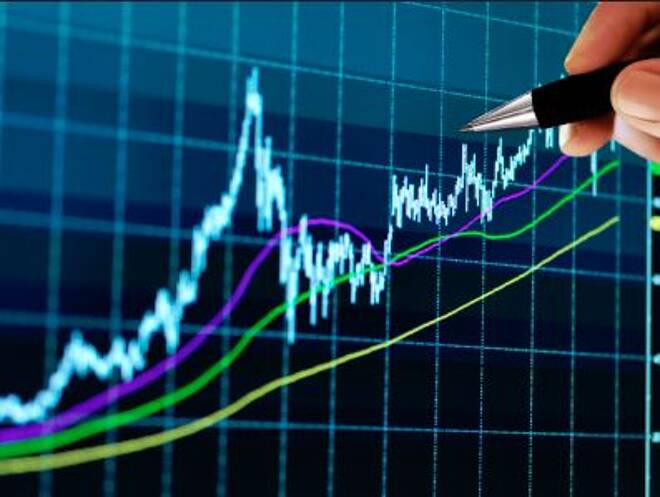Advertisement
Advertisement
Riskier Assets Rebound as North Korean Test Does Not Materialize
By:
European stock markets are rallying, following on from a relief rally in Asia overnight after the expected missile test in North Korea didn't materialize
European stock markets are rallying, following on from a relief rally in Asia overnight after the expected missile test in North Korea didn’t materialize over the weekend. The Nikkei closed with a 1.41% gain as the Yen dropped against the dollar. The MSCI Asia Pacific index held at the highest level since December 2007. The DAX was up more than 1% outperforming the FTSE 100, which gained 0.67%, as the EUR moved down from highs. Indeed, Eurozone peripheral bond and stock markets outperformed after ECB executive board member Coeure once again highlighted the negative impact of a strong EUR on the inflation outlook, although he seemed to downplay the growth impact. Overall global risk appetite is strengthening with U.S. stock futures also moving higher. The geopolitical situation remains fragile, however, and extreme weather not just in the U.S. is likely to leave its mark on world growth.
Germany pushing for Weidmann to succeed Draghi as the President of the ECB, according to newspaper reports. Spain’s El Mundo reported that the presidency of the German hawk would be counterbalanced with a Vice-President from a southern European country, which reportedly puts Spain’s Economy Minister Luis de Guindos in a good position to change from the Spanish government to the ECB. This is not the first time that Germany is reported to push for a German to take on the ECB Presidency, although so far, the largest Eurozone economy hasn’t been successful and previous Bundesbank President Weber, once topped to become the new ECB head, chose to move to the private sector instead. With the ECB very cautiously taking the foot off the accelerator the prospect of a hawk at the ECB could fuel tapering speculation again, although Draghi’s presidency still runs until 2019.
Bank of France Sentiment Declined in September
Bank of France Industry sentiment declined in September, with the production reading falling back to 5 from 8 in August. Services sentiment meanwhile improved to 16 from 11, but construction activity also dropped back sharply. Mixed readings then, although like the PMI numbers the overall trend suggests ongoing growth and the BoF reported that capacity utilization in the industrial sector improved to 80.9 in August, the last month for which data are available, from 80.2 in July.
Crude oil prices rebounded 0.5% on Monday in the wake of Hurricane Irma which ravaged Florida. Gasoline demand surged as residents scrambled to leave the stay, especially those on the west coast of the state which was not expecting the storm track to head their way. The state says there are now 5.2 million power outages, which will take a long time to recover. Demand for power will be lower given the power outages which should eat into natural gas demand. Gasoline demand will remain high, but Hurricane Harvey has helped reduce supply which should continue to buoy prices.
About the Author
David Beckerauthor
David Becker focuses his attention on various consulting and portfolio management activities at Fortuity LLC, where he currently provides oversight for a multimillion-dollar portfolio consisting of commodities, debt, equities, real estate, and more.
Advertisement
